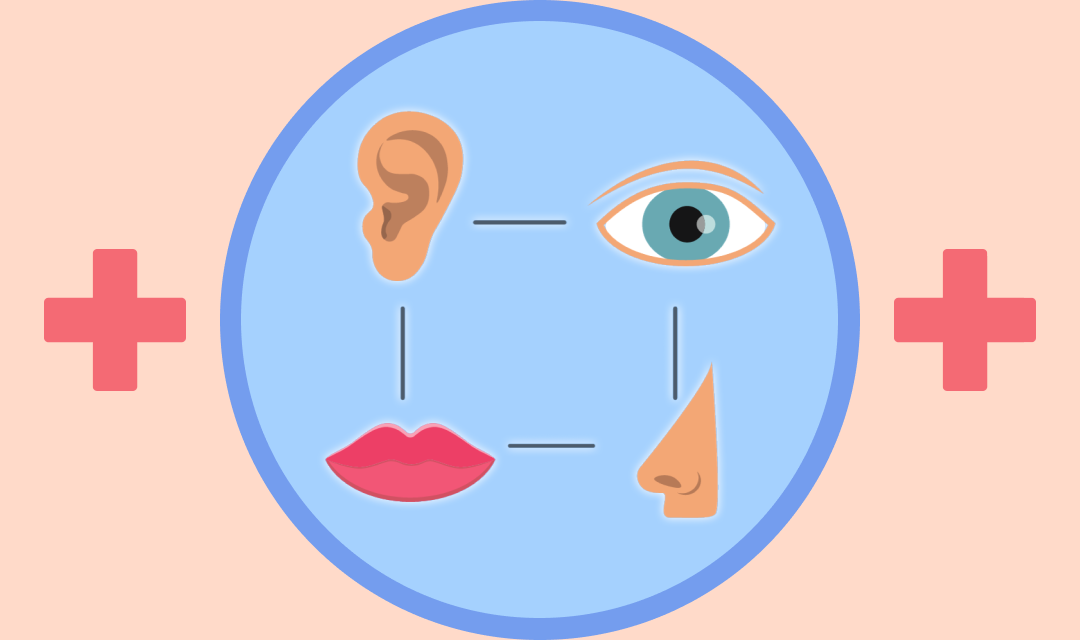Common Questions about Increased Thirst in Pregnancy

Pregnancy is a time of significant physiological changes in a woman's body. One of these changes can be an increase in thirst. This article will address some common questions about increased thirst during pregnancy, its causes, and how to manage it.
Table of contents
Can pregnancy cause Increased Thirst?
Is Increased Thirst a pregnancy symptom?
Increased Thirst in the first trimester, is it normal?
What about Increased Thirst in the second trimester?
And Increased Thirst in the third trimester, is it common?
What causes Increased Thirst during pregnancy?
Is it safe to have Increased Thirst during pregnancy?
What can help with Increased Thirst during pregnancy?
Increased Thirst during pregnancy: when to see a doctor?
Increased Thirst after childbirth, is it normal?
Can pregnancy cause Increased Thirst?
Yes, pregnancy can cause increased thirst. This is due to hormonal changes, increased blood volume, and the need for extra fluids to support the growing fetus and placenta.
Psst, we have an app dedicated to pregnant moms. Learn more
Is Increased Thirst a pregnancy symptom?
Increased thirst can be a symptom of pregnancy. However, it is not a definitive sign of pregnancy as it can also be caused by other factors such as dehydration, diabetes, or certain medications.
Psst, we have an app dedicated to pregnant moms. Learn more
Increased Thirst in the first trimester, is it normal?
Yes, increased thirst can occur in the first trimester of pregnancy. This is due to hormonal changes and increased blood volume.
Psst, we have an app dedicated to pregnant moms. Learn more
What about Increased Thirst in the second trimester?
Increased thirst can continue into the second trimester as the body continues to require extra fluids to support the growing fetus and placenta.
Psst, we have an app dedicated to pregnant moms. Learn more
And Increased Thirst in the third trimester, is it common?
Yes, increased thirst can be common in the third trimester as well. This is due to the body preparing for breastfeeding, which requires additional fluid intake.
Psst, we have an app dedicated to pregnant moms. Learn more
What causes Increased Thirst during pregnancy?
The main causes of increased thirst during pregnancy are hormonal changes, increased blood volume, and the need for extra fluids to support the growing fetus and placenta.
Psst, we have an app dedicated to pregnant moms. Learn more
Is it safe to have Increased Thirst during pregnancy?
Yes, it is generally safe to have increased thirst during pregnancy. However, excessive thirst can sometimes be a sign of gestational diabetes, so it's important to discuss any changes with your healthcare provider.
Psst, we have an app dedicated to pregnant moms. Learn more
What can help with Increased Thirst during pregnancy?
Drinking plenty of water, eating water-rich fruits and vegetables, and avoiding caffeinated beverages can help manage increased thirst during pregnancy.
Psst, we have an app dedicated to pregnant moms. Learn more
Increased Thirst during pregnancy: when to see a doctor?
If your thirst is excessive, unquenchable, or accompanied by other symptoms such as frequent urination, fatigue, or unexplained weight loss, it's important to see a doctor as these could be signs of gestational diabetes.
Psst, we have an app dedicated to pregnant moms. Learn more
Increased Thirst after childbirth, is it normal?
Yes, increased thirst can continue after childbirth, especially if you are breastfeeding. This is because breastfeeding requires extra fluid intake. However, if your thirst is excessive or unquenchable, it's important to see a doctor.
Psst, we have an app dedicated to pregnant moms. Learn more
Information sources
1. American Pregnancy Association. (2020). Pregnancy Symptoms - Early Signs of Pregnancy. Retrieved from https://americanpregnancy.org/getting-pregnant/early-pregnancy-symptoms/
2. Mayo Clinic. (2020). Pregnancy week by week. Retrieved from https://www.mayoclinic.org/healthy-lifestyle/pregnancy-week-by-week/in-depth/pregnancy/art-20047208
3. National Health Service. (2018). Your pregnancy and baby guide. Retrieved from https://www.nhs.uk/conditions/pregnancy-and-baby/